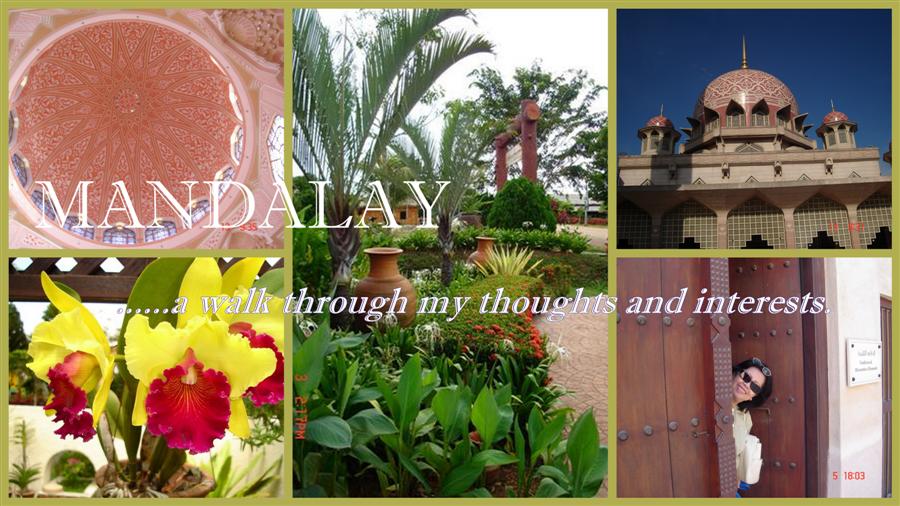 It takes 100 pages before it gets to the real subject matter. A very long and laborious introduction no doubt, mainly going over fleeting mythical stories surrounding Nimrod / Namrud and the prophets of his era, Solomon / Suleiman AS and related prophets, and Nebuchadnezzar / Bukhtanasar and his era.
It takes 100 pages before it gets to the real subject matter. A very long and laborious introduction no doubt, mainly going over fleeting mythical stories surrounding Nimrod / Namrud and the prophets of his era, Solomon / Suleiman AS and related prophets, and Nebuchadnezzar / Bukhtanasar and his era. I find the analysis of Alexander/Iskandar a strange one. How does a author make value judgment when he fails to delve into the minds and values of the people of the period? I thought the value system of empires have something in common. I admit though it depends on who wrote history...
Apparently this issue of Zulqarnain ( meaning two-horned) surfaced when the Jews wanted to test whether Mohammad AS was a true prophet by, amongst other tests, he was asked to explain who Zulqarnain was. The Quran mentions 4 characteristics which are discussed in the ensuing pages. They do not seem to be corroborated by current historical knowledge of Alexander. Nor is Alexander mentioned in any of the Jewish Books. However Jewish books do mention another king, Cyrus/ Kurush. Hence, the book goes on to discuss the most likely characters. His legacy is the great wall built to protect the people of the Caucasus from the Gogs of Magog. Gog, by the way was a great-grandson of Noah. His descendants were identified as the Scythians
I learned that the tradition of kissing the hand of kings and kneeling before kings as a sign of respect for those in power were pretty much a Persian thing. Alexander adopted this and verily considered himself as godly. Now this rings a bell about those readings I have come across of some sultans' ancestors being Iskandar Zulqarnain, a direct link to the almighty then subsequently changed to Mohammad A S. I wonder. Reading on I found out that Hamka also espoused the very same opinion........you know about the Bukit Siguntang stuff and the beginning of the first Malay Sultan.
.jpg)
2 comments:
Perhaps you'd like to try a similar book but of contradicting findings about Alexander-Zulqarnain by a different scholar, entitled Alexander Adalah Zulqarnain. This book is thicker, (I believe) as a result of a more thorough research, sort of a sequel to Bencana Di Sebalik Gunung (about Yakjuj Makjuj).
I haven't even finished the first book, but I can see that the author, Muhammad Alexander, is more critical and analytical in his research.
P/S
For years I've been seeking for information on the mystery of Gog and Magog and Iskandar Zulqarnain. So, imagine my joy when someone finally took the effort of researching and writing about the subject :-)
Thanks for the tips, Nana.There is already too much of it in the internet to appease our curiosity :)
Post a Comment